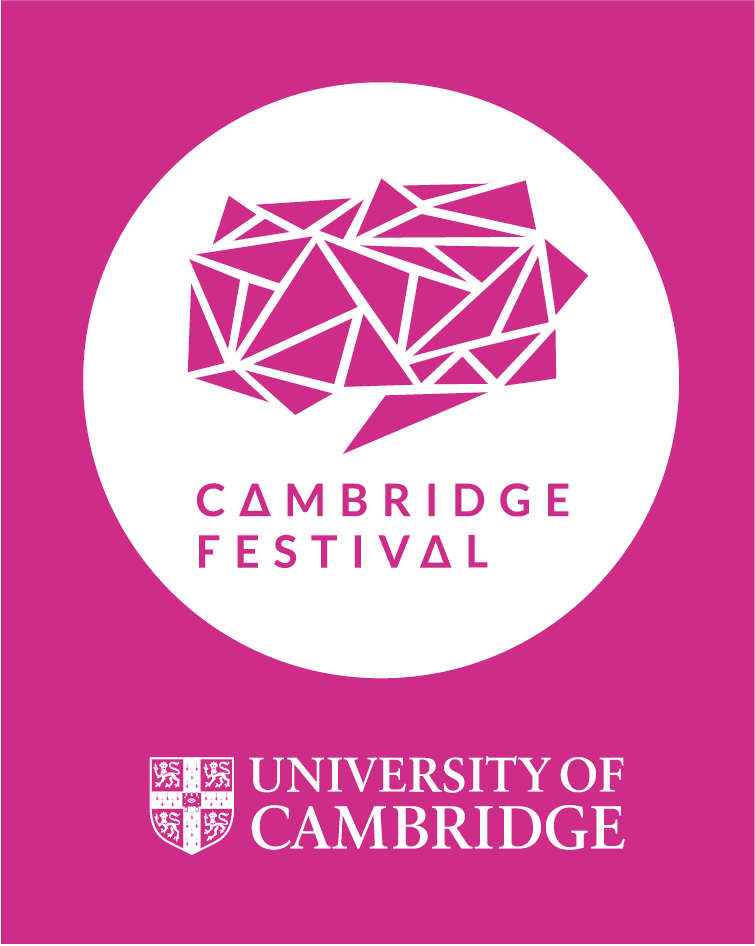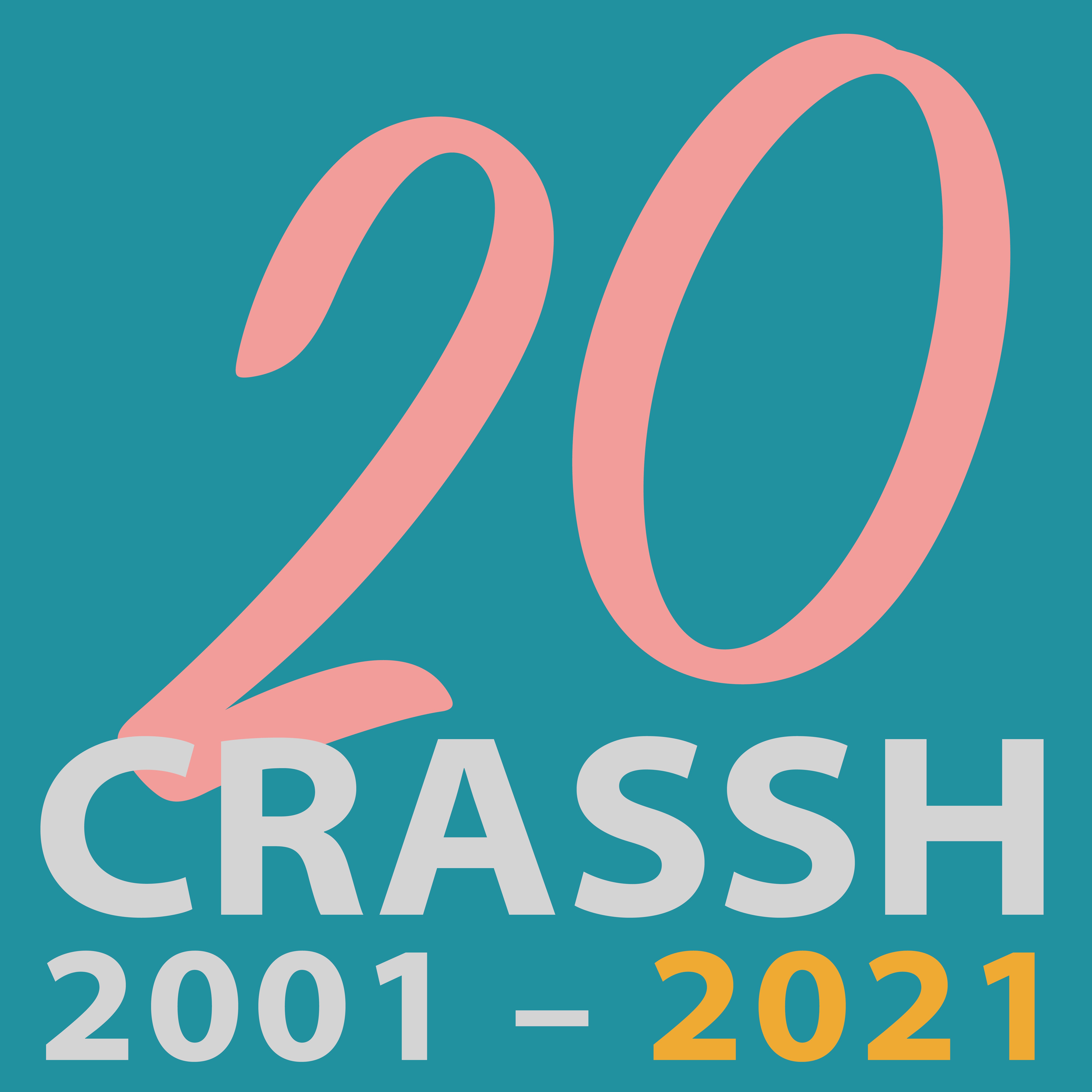| 29 Mar 2021 | 3:00pm - 4:00pm | Online | |
- Description
Description
Cambridge Festival Event
Sex education materials and contraceptive information for young people remain a contentious topic in today’s society. The extent to which young people should be informed about various methods of contraception and safe sex practices has been the object of recurrent debates since the postwar period.
This online talk will provide a historical overview of the evolution of educational materials aimed at young people and produced by sexual health charities from the 1960s. Focusing on a range of leaflets and short films produced by the Brook Advisory Centres and the Family Planning Association, this event will contextualise these materials’ creation and highlight some controversies surrounding their publication. In doing so, this event will reveal the graphic and discursive boundaries of ‘legitimate’ youth sexual knowledge in postwar Britain and how these boundaries have shifted over time.
Attendees will also learn about the gendered notion of responsibility for safe sex practices and the key role played by sexual health charities in defining norms around ‘good’ sexual behaviours and conduct. This event will be followed by a Q&A.
The talk is aimed at young adults (from 14 years old) and an adult audience.
Caroline Rusterholz is a Wellcome Trust Research Fellow at the Faculty of History, Cambridge University and part of the Health, Medicine and Agency Research Network.



